India's digital maturity has increased from 33.5% in 2018 to 55.3 % in 2020
By MYBRANDBOOK
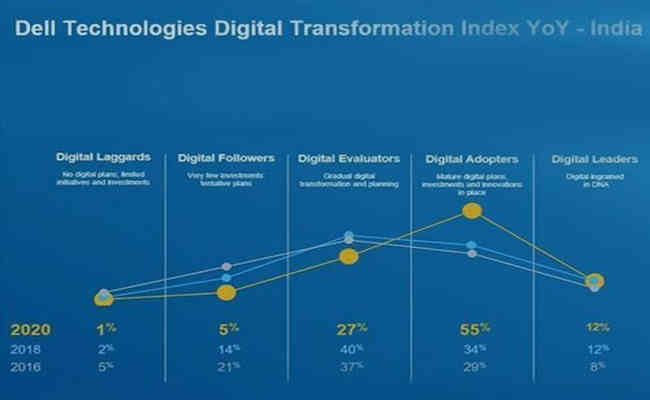
The Covid-19 pandemic has bring the digital adoption into high gear. The latest Dell digital transformation (DT) index says, about 92.3% of Indian companies are reinventing their business model, compared to 79.3% global and 86% in the Asia Pacific and Japan (APJ) region.
The survey by the Round Rock, Texas based global technology company also found that about 94.7% of Indian companies have fast-tracked their digital transformation initiatives this year and it indicates that companies in India fared better than others, with the global peers standing at 79.7% and APJ at 83.6% in terms of fast tracking digital transformation programmes.
The current digital transformation index survey took into consideration 4,300 responses from business leaders in midsize to enterprise level companies across 18 countries in the time period between July and August 2020. The study was conducted in partnership with UK research firm Vanson Bourne. It examined the IT strategy, workforce transformation initiatives and perceived performance against a set of business attributes, a statement said.
As compared to the last study in 2018, India’s digital maturity has increased from 33.5% in 2018 to 55.3 % in 2020, while globally the numbers rose from 23% to 39.2%, with the APJ region having almost similar numbers. Alok Ohrie, President and Managing Director, Dell Technologies India, said, we are living in a data era, where constant investment in digital technologies to meet the barriers to progress is a must,” “This shift in approach by organizations recently is the primary reason why there is a rise in digital leaders in the country.
Although the pandemic accelerated digital transformation across the globe, almost all Indian organisations (97%) are facing barriers to adoption. For Indians, the top three barriers towards DT are data privacy and cybersecurity concerns, with 46.7% of respondents citing the same as compared to only 31.4% globally.
Secondly, 38.3% of respondents in India stated that they were unable to extract the right insights from the data they have access to, as compared to 29% globally and 31.1% in the APJ region. Another major concern was the newly identified barrier of a lack of economic growth, with 36.3% of respondents citing the same, in contrast to 24.4% and 27.6% globally and in APJ respectively.
However, the numbers showed that India was on par with their global counterparts in adoption of technologies. This included 81% of companies deploying digital workspaces (compared to 80% globally), 80.7% spending on cybersecurity ( 82.1% globally) and 77% focusing on analytics ( 81.7% globally).
When it came to emerging technologies, 93.7% of respondents in India are bullish on augmented reality as compared to 82% globally. While 84.8% of global respondents said they foresee artificial intelligence as a tool to predict potential disruptions, 95% of respondents said they could use AI for the same.
Globally, the leaders were least bullish on blockchain (77.8%), with 90.7% of respondents saying the ledger technology would make the economy fairer. However, only 22.7% (16.4%) of Indians are planning to invest in augmented reality, while 50% (31.6%) intend to invest in AI, 16.7% (15.2%) had an eye on blockchain.


Legal Battle Over IT Act Intensifies Amid Musk’s India Plans
The outcome of the legal dispute between X Corp and the Indian government c...

Wipro inks 10-year deal with Phoenix Group's ReAssure UK worth
The agreement, executed through Wipro and its 100% subsidiary,...

Centre announces that DPDP Rules nearing Finalisation by April
The government seeks to refine the rules for robust data protection, ensuri...

Home Ministry cracks down on PoS agents in digital arrest scam
Digital arrest scams are a growing cybercrime where victims are coerced or ...

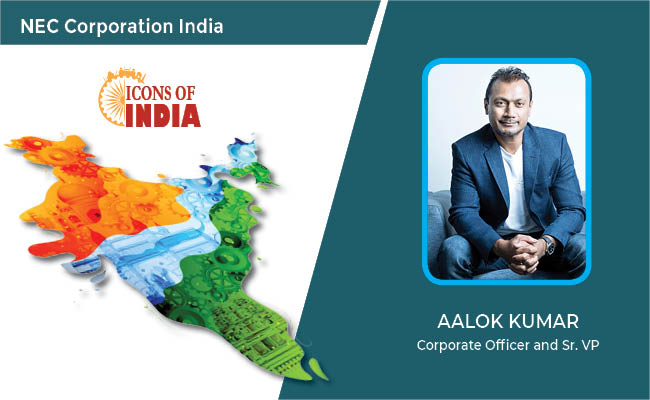
Icons Of India : AALOK KUMAR
Aalok Kumar is celebrated as a global leader and recipient of the Peop...
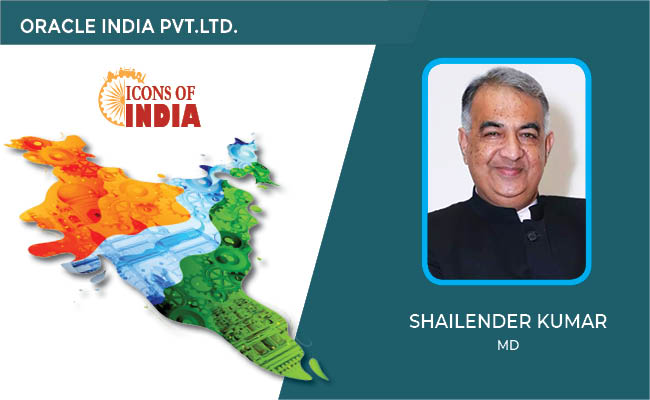
ICONS OF INDIA : SHAILENDER KUMAR
Shailender Kumar is senior vice president and regional managing direct...
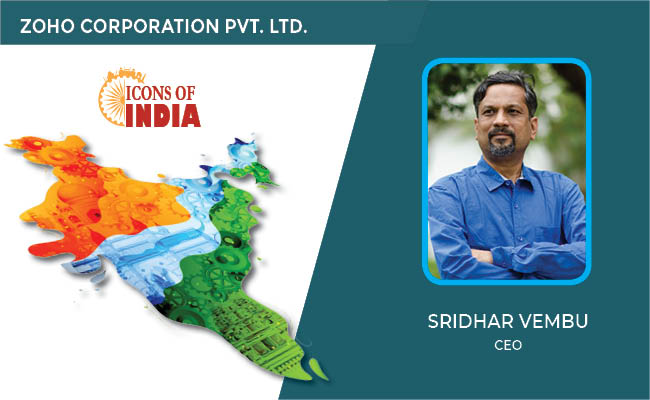
ICONS OF INDIA : SRIDHAR VEMBU
Sridhar Vembu is the chief executive officer (CEO) of Zoho Corporation...

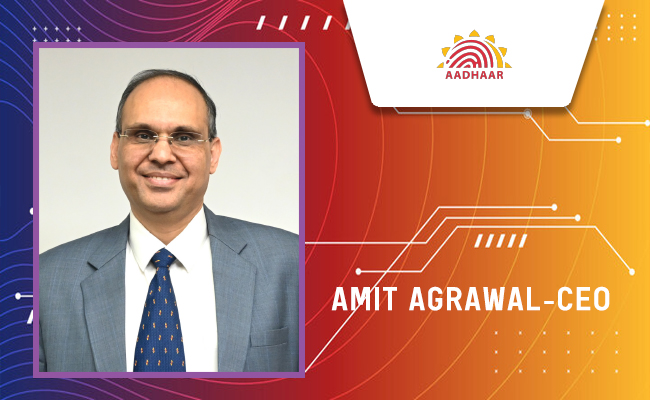
UIDAI - Unique Identification Authority of India
UIDAI and the Aadhaar system represent a significant milestone in Indi...
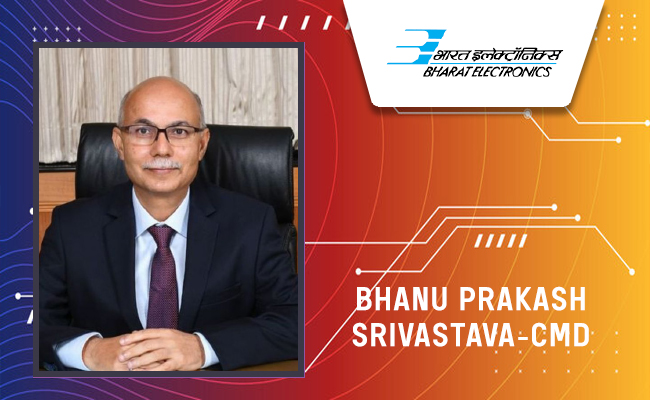
BEL - Bharat Electronics Limited
BEL is an Indian Government-owned aerospace and defence electronics co...

IOCL - Indian Oil Corporation Ltd.
IOCL is India’s largest oil refining and marketing company ...


Indian Tech Talent Excelling The Tech World - JAYASHREE ULLAL, President and CEO - Arista Network
Jayshree V. Ullal is a British-American billionaire businesswoman, ser...
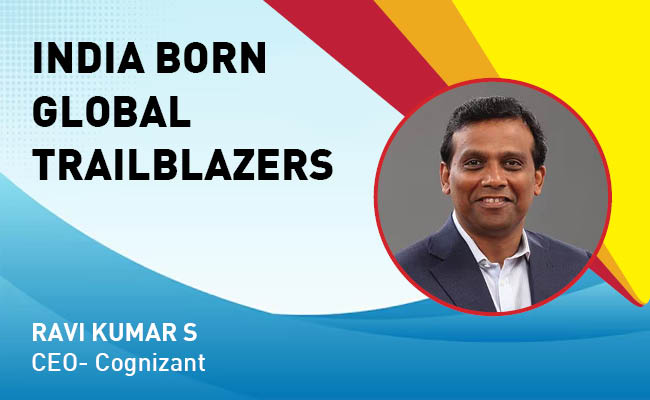
Indian Tech Talent Excelling The Tech World - RAVI KUMAR S, CEO- Cognizant
Ravi Kumar S, appointed as CEO of Cognizant in January 2023, sets the ...
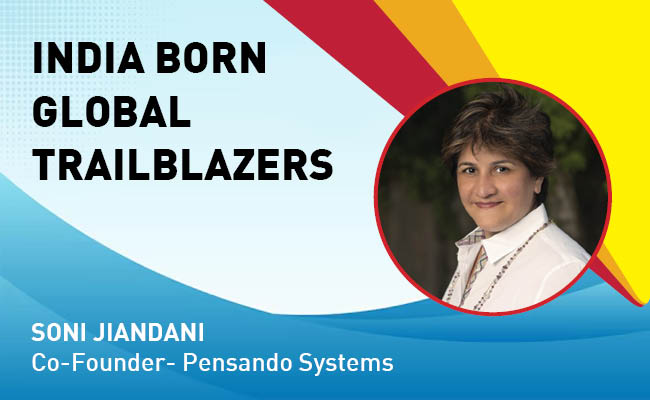
Indian Tech Talent Excelling The Tech World - Soni Jiandani, Co-Founder- Pensando Systems
Soni Jiandani, Co-Founder of Pensando Systems, is a tech visionary ren...
 of images belongs to the respective copyright holders
of images belongs to the respective copyright holders